- 0 536 203 46 30
- info@drpinarozer.com
- Kızılırmak mah. 1443 cad. 1071 Usta Plaza B blok kat:6 no:25/52 06530 Çankaya/Ankara
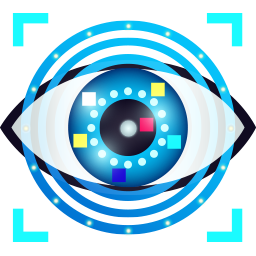

Basic ophthalmological tests includes evaluation of visual acuity, and refractive error of the patient; in addition to detailed retinal examination.
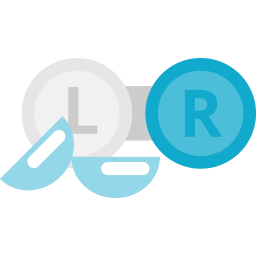

Following basic ocular examination, detection of the contact lens numbers and contact lens application can be performed in patients who are suitable for contact lens use ophthalmologically.
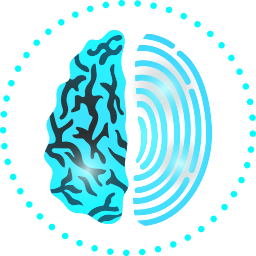

In some neurological disorders like Multiple Sclerosis, Idiopathic Intracranial Hypertension; detailed neuro-ophthalmological evaluation is necessary.
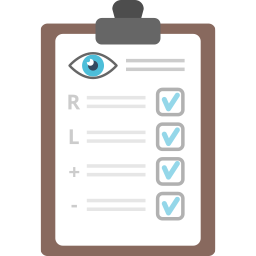

Some tests that supply the evaluation of anatomic and functional integrity of visual pathways are very important for protection of visual function, with their use in diagnostic purposes.
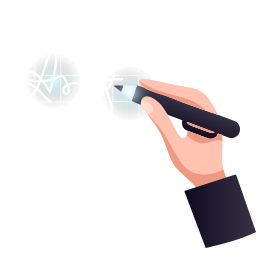

Ophthalmological evaluation in children should be carried on with patience and must be performed in optimal conditions. Early diagnosis in childhood eye problems is possible only with routine ocular examinations.
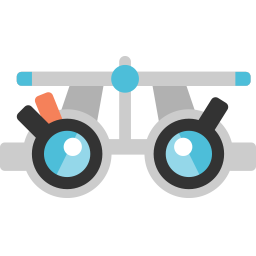

Diagnosis of strabismus is possible by some special diagnostic tests and early diagnosis is of great importance for effective treatment.
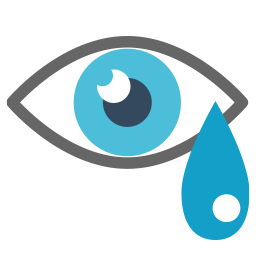

Amblyopia can be treated in selective cases only when diagnosed at early childhood and ‘early diagnosis and effective treatment’ are the most important aspects in its treatment.
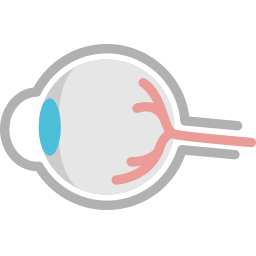

Ophthalmological and audiological screening tests are parts of basic neonatal examinations of the newborns and strictly recommended for every baby.
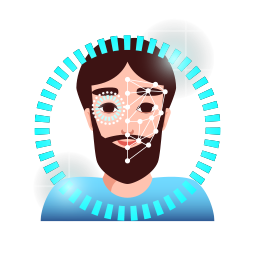

Eyelid abnormalities like droopy eyelids, inflammation or structural disorders of eyelids can be diagnosed by basic ophthalmological examination and can be treated by medical or surgical treatment modalities depending on the disorder.
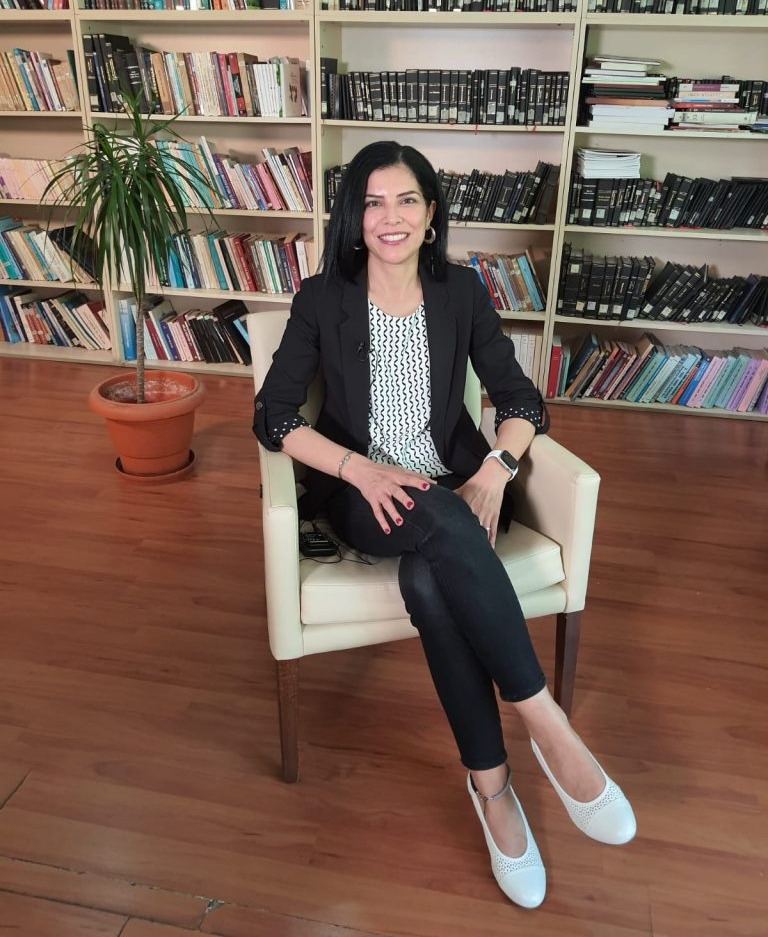

Eye examination of children is different from that of adults because;
• Eyes of children contain different aspects of examination than eyes of adults.
• Examining a child requires a lot of patience and special attention.
• A child patient is a patient who comes without complaints and requires skepticism.
• The child patient is dynamic, it is necessary to make quick decisions and think fast at every step in the examination.
• Children can only be examined effectively in a calm and safe environment.


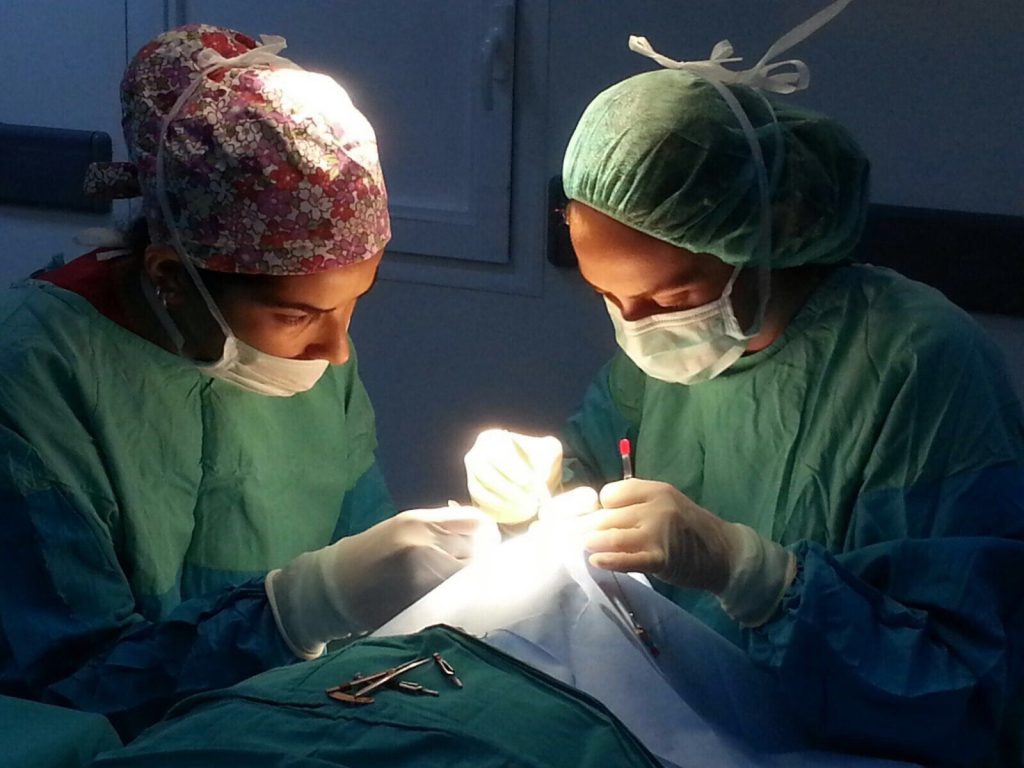

Name: Pinar Altiaylik Özer
Sex: Female
Year of Birth: 1979
Email: info@drpinarozer.com
Education
M.D Hacettepe University Faculty of Medicine 1997-2003
Ophthalmology Recidency
Ankara Education and Research Hospital 2003-2009 more